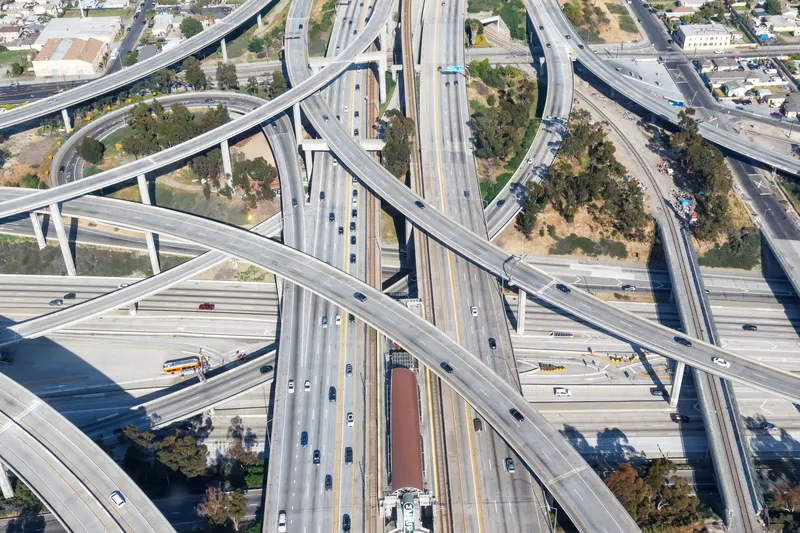On 13 and 14 November 2013, international road safety experts from more than forty countries met at the joint International Road Traffic Safety Data and Analysis Group (IRTAD)/Ibero-American Road Safety Observatory (OISEVI) Conference in Buenos Aires to discuss issues related to the collection and analysis of road safety data as a critical tool to design effective road safety policies.
The critical importance of better data to improve road safety has led members to issue the Buenos Aires Declaration on B
January 14, 2014
Read time: 2 mins
On 13 and 14 November 2013, international road safety experts from more than forty countries met at the joint International Road Traffic Safety Data and Analysis Group (IRTAD)/Ibero-American Road Safety Observatory (OISEVI) Conference in Buenos Aires to discuss issues related to the collection and analysis of road safety data as a critical tool to design effective road safety policies.
The critical importance of better data to improve road safety has led members to issue the Buenos Aires Declaration on Better Safety Data for Better Road Safety Outcomes.
The Declaration recommends twelve measures for improving the collection and analysis of road safety data as a critical tool to design effective road safety policies. Among these are: the requirement for a minimum set of data for analysing road safety, which includes not only safety data but also contextual data; safety data should be aggregated at national level using a lead national agency; and the need to understand the relationship between road safety performance and economic development.
The recommendations are a result of the ongoing road safety work of the998 International Transport Forum’s IRTAD and the OIESEV, a co-operative body of Latin American countries for the reduction of road accidents by improvements in safety data. Better data is fundamental to achieving the objectives of the UN Decade of Action on Road Safety; a halving the expected level of road deaths by 2020.
The critical importance of better data to improve road safety has led members to issue the Buenos Aires Declaration on Better Safety Data for Better Road Safety Outcomes.
The Declaration recommends twelve measures for improving the collection and analysis of road safety data as a critical tool to design effective road safety policies. Among these are: the requirement for a minimum set of data for analysing road safety, which includes not only safety data but also contextual data; safety data should be aggregated at national level using a lead national agency; and the need to understand the relationship between road safety performance and economic development.
The recommendations are a result of the ongoing road safety work of the










